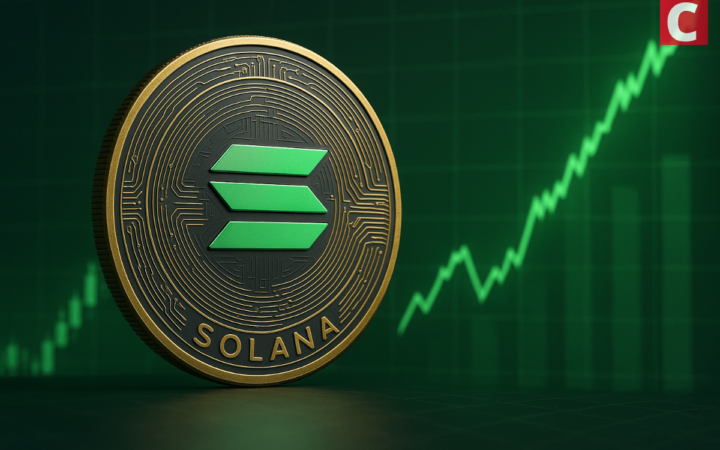
Here’s Why Solana Price Could Rise 8% According to Analyst
Solana’s 1H price chart has formed a key pattern, hinting at a potential price hike, according to Ali Martinez.

Solana’s 1H price chart has formed a key pattern, hinting at a potential price hike, according to Ali Martinez.

Polygon’s POL token has recorded a 5.5% daily gain as the network gears up for its most significant technical upgrade since launch.
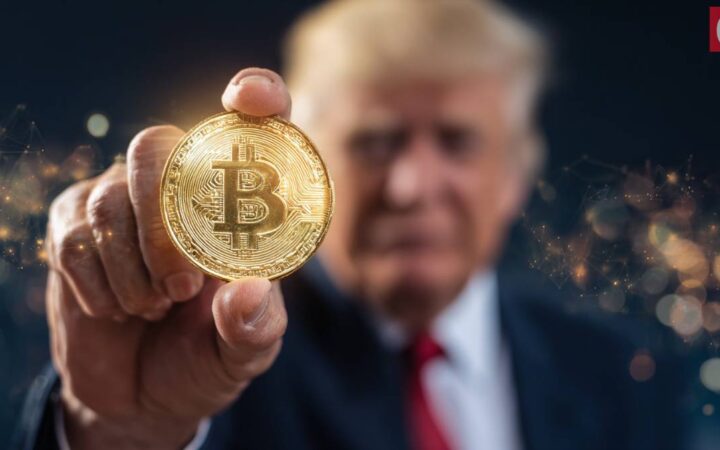
Truth Social has filed with the SEC for a crypto ETF that will track five major digital assets including Bitcoin and Ethereum. The fund aims to trade on NYSE Arca if approved.

XRP surged 2% to reclaim $2.30 following ProShares’ Ultra XRP ETF listing on DTCC platform, signaling institutional readiness for XRP futures trading.

The Cardano Foundation unveiled Reeve, an enterprise-grade financial reporting tool for ESG institutions and public agencies to publish auditable records on-chain.

Over forty firms are planning on applying for stablecoin issuance licenses from the Hong Kong Monetary Authority, but only a few are expected to be approved.

Robinhood faces regulatory scrutiny in the EU after launching tokenized stocks of OpenAI and SpaceX amid growing interest in blockchain-based equities.
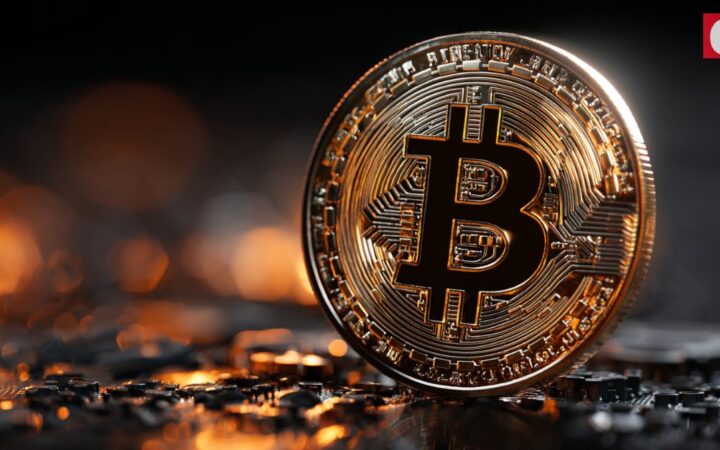
Remixpoint will pay its CEO entirely in Bitcoin to align leadership with shareholders. The move also helps hedge against the depreciation of the Japanese yen.
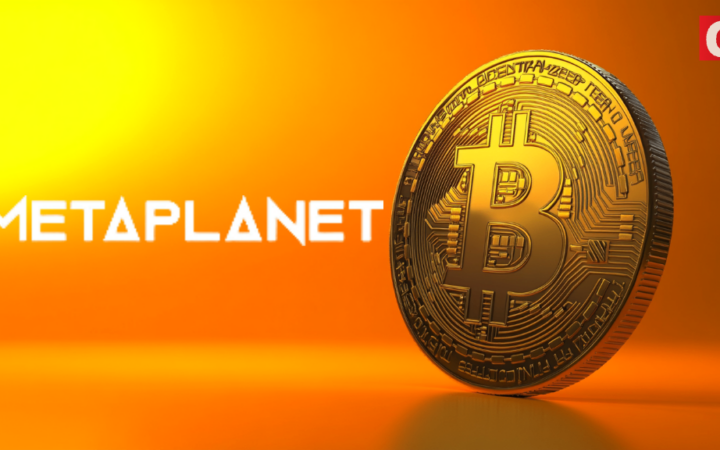
Metaplanet plans to use its Bitcoin holdings to acquire profitable businesses, including a possible digital bank in Japan.
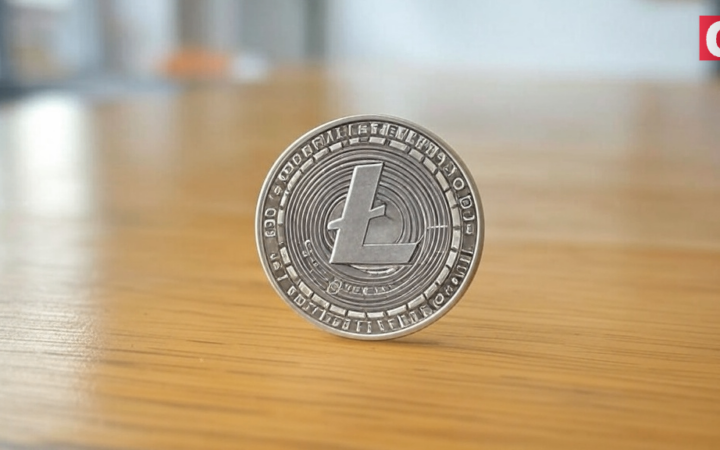
Despite trading sideways near $86, Litecoin is drawing institutional accumulation and whale activity, with analysts eyeing $200.

Shiba Inu burn rate has jumped up by 91,090.91% in the last 24 hours. Consequently, over 1 billion SHIB tokens have been removed from circulation.

The Open Network (TON) has partnered up with Crypto.com to offer secure custody and staking services for institutions.
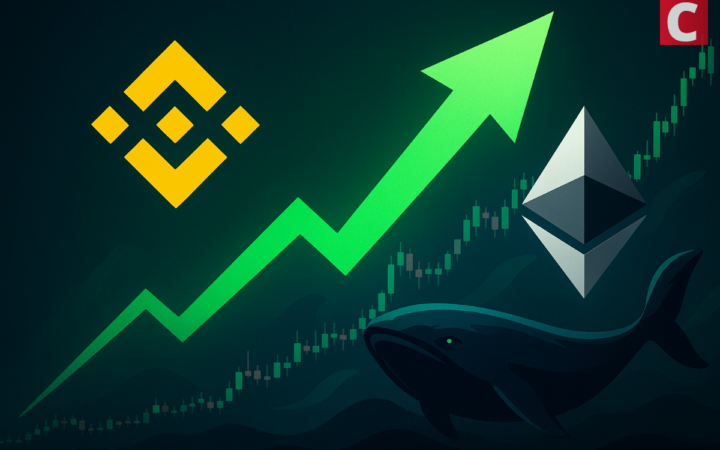
The fundamentals for another bull run are showing up from different angles. Now, it’s a matter of when it will happen.
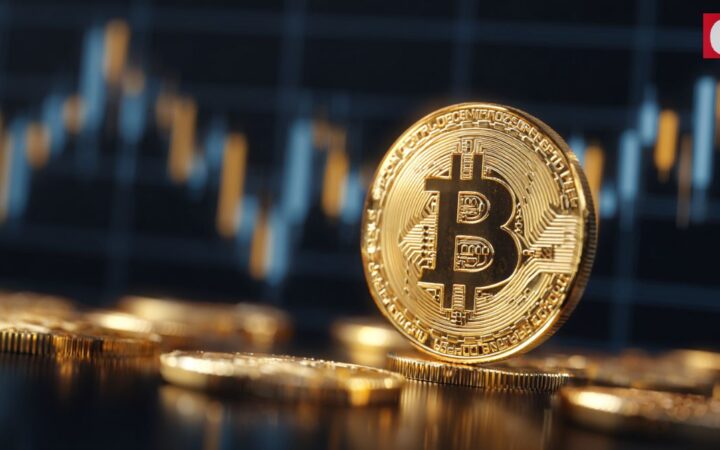
DigitalX and The Blockchain Group collectively injected millions into Bitcoin, doubling down on BTC’s role as a strategic treasury asset.

Aptos is gaining serious traction as it secures the third spot in the real-world asset (RWA) race with over $538 million in TVL.
Breaking news coverage from cryptocurrency world about key figures, exchanges, startups, investment, applications, regulation and more.